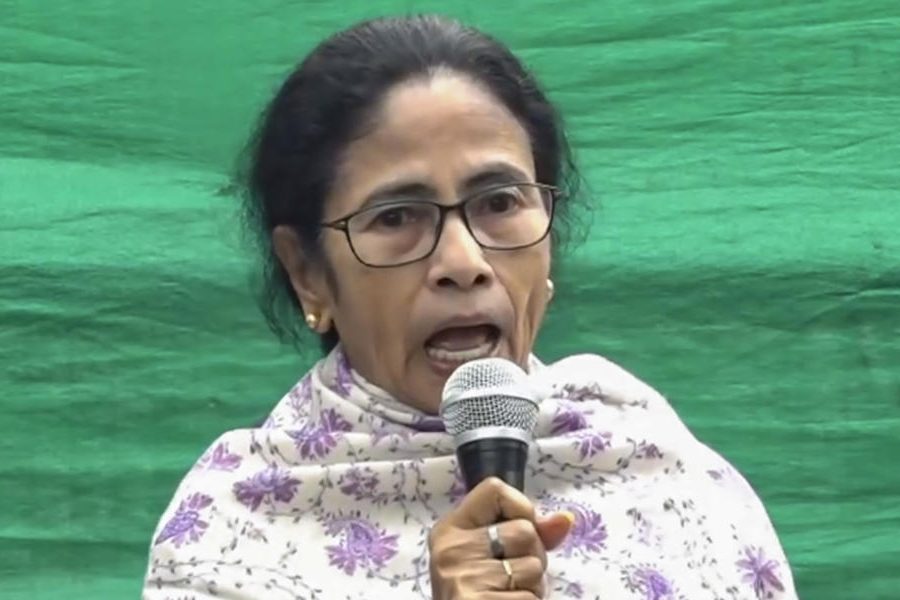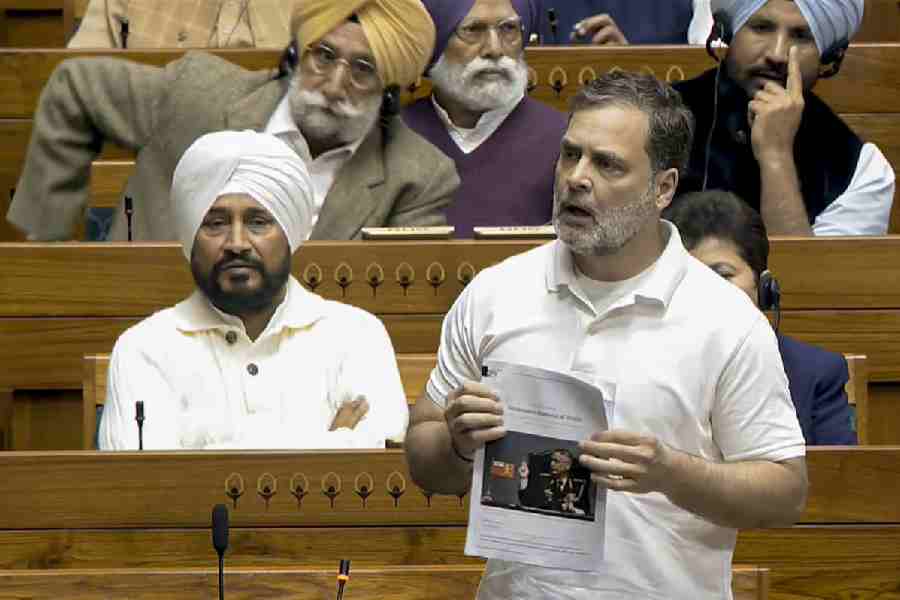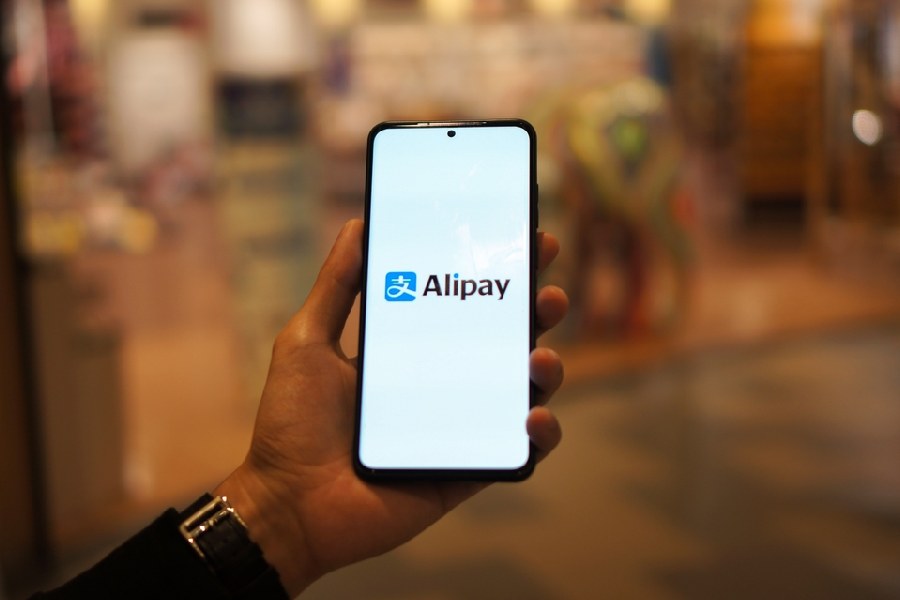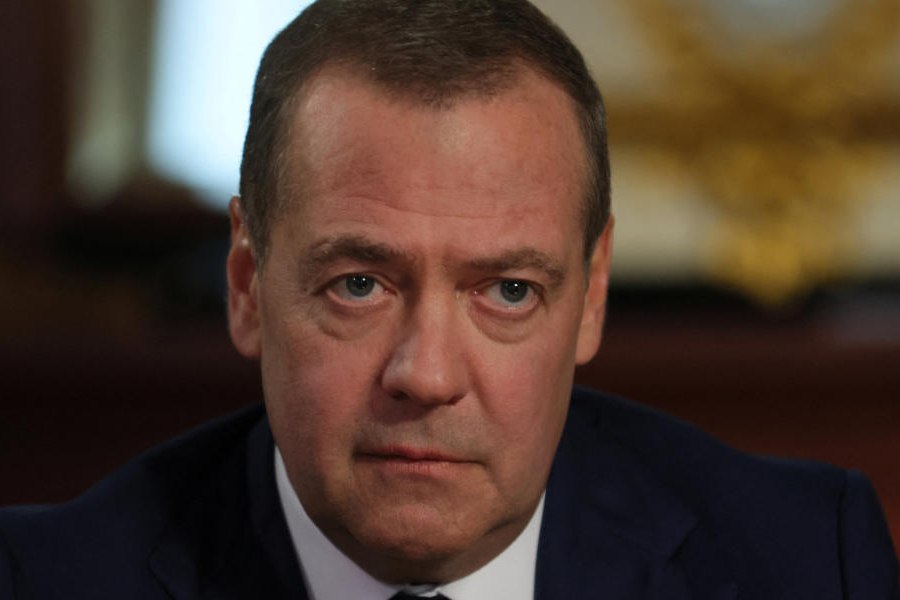 |
| Picture: Ashima Yadava |
Even after 25 years, college students consider Indian Ocean one of the coolest bands in India. Their latest release, Tandanu, recorded between February 17 and March 6 at Yash Raj Films Studios in Mumbai, has seven unique collaborations and videos (watch them on Pepsi MTV Indies). Band member Rahul Ram chats Tandanu and beyond with t2.
On the album you have collaborated with seven artistes. What do they add to your music?
The collaborations have enriched Tandanu tremendously. It’s not an Indian Ocean album featuring X and Y. Each artiste participated in composing the song, finalising the structure. In a couple of cases, we had a rough idea in mind but like in the song (Charkha) with Pandit Vishwa Mohan Bhatt we had nothing. At the end of the first day, we got something that we could work with and at the end of two days we had a song structure that we wanted to play at a certain BPM (beats per minute). Collaborating with different artistes was so much fun. Couple of the songs on Tandanu had been in existence with Indian Ocean for a decade but we never got around to working on them. With this album, we had fresher minds and a fresh approach to those same songs.
This is the first album after Susmit Sen (who was the band’s guitarist) leaving. Does that make Tandanu different?
Actually, this is the first Indian Ocean album after both Susmit (left the band in 2013) and Asheem (Chakravarty, passed away in 2009) are no longer there. On the last album, 16/330 Khajoor Road, Asheem sang essentially on all songs. He was a big part of that album. Our new guitar player Nikhil Rao has a style which is very different from that of Susmit’s. Nikhil enjoys Carnatic music and jazz, and he started off as a heavy metal guitarist. So Tandanu has aspects of the Indian Ocean sound but it’s a different Indian Ocean. We don’t want anyone to clone the Indian Ocean sound. We didn’t want a guitarist who would play like Susmit. Amit (Kilam) recommended Nikhil and once again he has proved he made the right choice.
What are some of the social-political references that can be found in the songs?
We’ve made Gar ho sake with Shubha Mudgal, and it’s essentially an old leftist anthem, known to social activists across north India. The most amazing thing is that no one knows who wrote it. I’ve known the song since 1990. We knew Shubhaji knew the song because we had heard her sing it at a show for Safdar Hashmi Memorial Trust. Everyone sings the song differently, she sang a different one but she liked the tune we had in mind. We just changed the antara.
Roday is another politically relevant song. Vishal Dadlani has sung it. The idea came from the Gujarat villages that were displaced with the Sardar Sarovar Dam. Amit is Kashmiri and understands the theme of displacement all too well. So displacement meant different things to different people.
I guess Behney do (with Karsh Kale) could also be perceived as a politically-relevant song. Amit said that when he made the tune he envisaged a river flowing. Sandeep Sharma, our lyricist, said he imagined the song to be about the power of the youth, the fire to flow.
When Indian Ocean started in 1990 it was an instant hit among college students. And it’s still the same. What makes the group popular among youngsters?
Just last week we played to a crowd of 6,000-7,000 youngsters at a college. We really have no answer to why we still manage to draw such crowds. I think the fact that we are honest musicians, and that our music is modern and Indian at the same time appeals to most people. We don’t sound anything like Bollywood. People in their 30s relive their college days when they attend our gigs. But it’s not just 30-year-olds who enjoy our music. Even kids as young as two-three enjoy our music. My dad who is in his 70s loves Indian Ocean’s music. Everyone likes Indian Ocean, it’s definitely something kids and parents can enjoy together.
Is there anything about the current Indian music scene that has impressed you?
There are a lot of great acts coming up nowadays. And I think that is largely because singing in your language today while holding a guitar is no longer considered infra dig. There’s a willingness to explore and enjoy. I think Agam, a Carnatic progressive rock band, Cactus, a Bangla rock band, Avial, Motherjane... these are all fantastic bands. Singer-songwriters like Rabbi and Papon, these guys couldn’t exist 15 years ago. There is more opportunity on channels like Pepsi MTV Indies.
Have you ever come across a description of your music in the media that has surprised you?
A few times. Many in the media tend to use whatever is said on Wikipedia –– “jazz-spiced rhythms”. I don’t know how that came into existence!
Finally, can you ever look at a time when Indian Ocean would stop making records and only concentrate on gigs?
We’re so lazy, you know. We were just talking the other day that in our 26th year, we have made just seven albums. In our first 18 years, we only made 30 songs. That’s just horrible for a band. I think we’ve kind of made up for that in the next six-seven years. The last couple of years have been spent gigging mostly. In 2010, we did 88 concerts, which left us little time to compose. But I don’t think we would ever give up making music to just do gigs.










